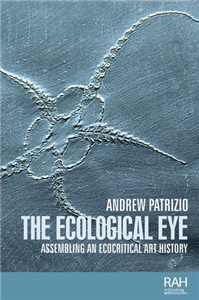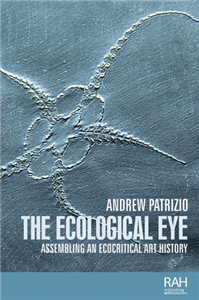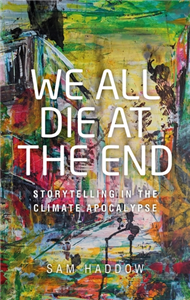Extending ecocriticism
Crisis, collaboration and challenges in the environmental humanities
by Peter Barry, William Welstead
This volume of essays explores the scope for a further extension of ecocriticism across the environmental humanities. Contributors, who include both established academics and early career researchers in the humanities, were given free rein to interpret the brief. The collection is unusual in that it considers collaboration between individuals both in the same discipline and across creative disciplines. Subjects include familiar environments close to home and those such as Iceland and Antarctica, where narratives of climate, geology and ecology provide a stark backdrop to creative output. A further innovation is the inclusion of essays on public art, natural heritage interpretation and the visualisation and aesthetic impact of wind farms. The book will be of interest to writers, artists, students and researchers in the environmental humanities and those with a general interest in the cultural response to the environment.













